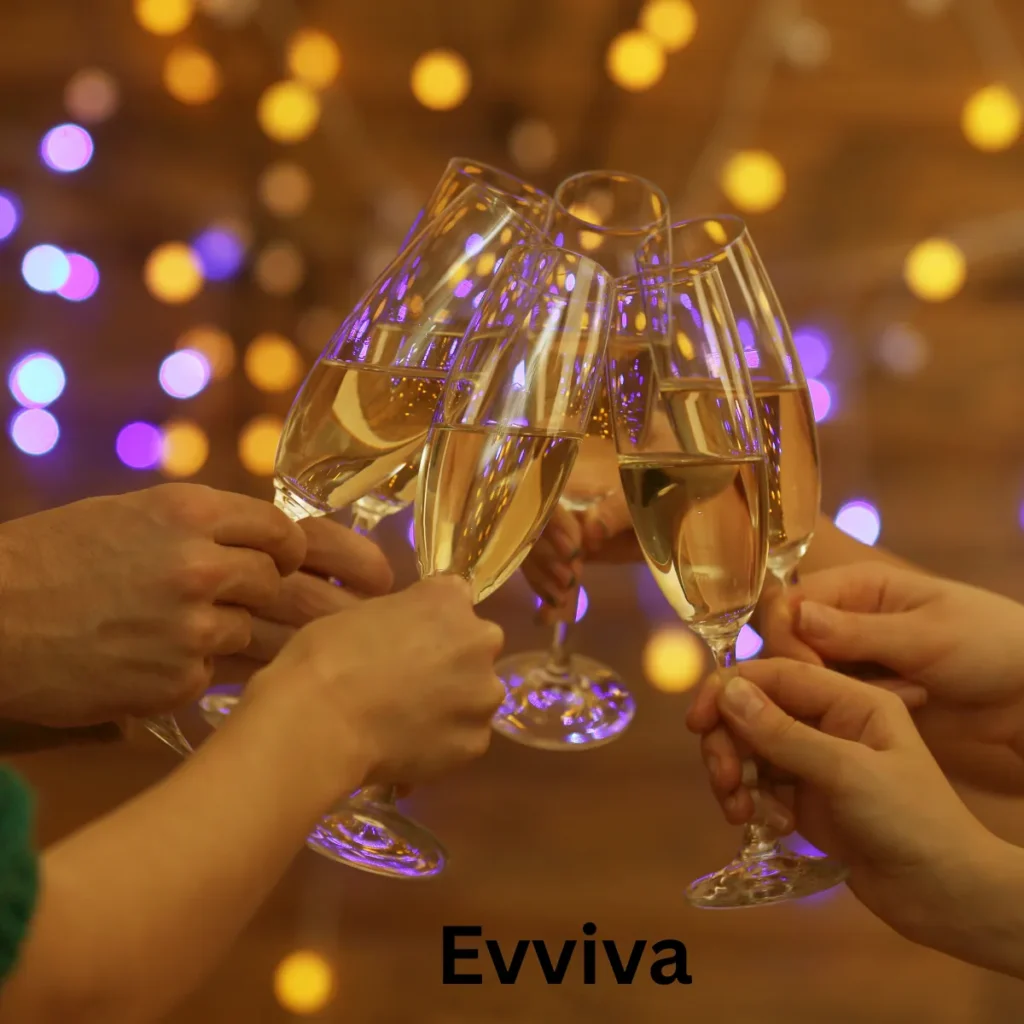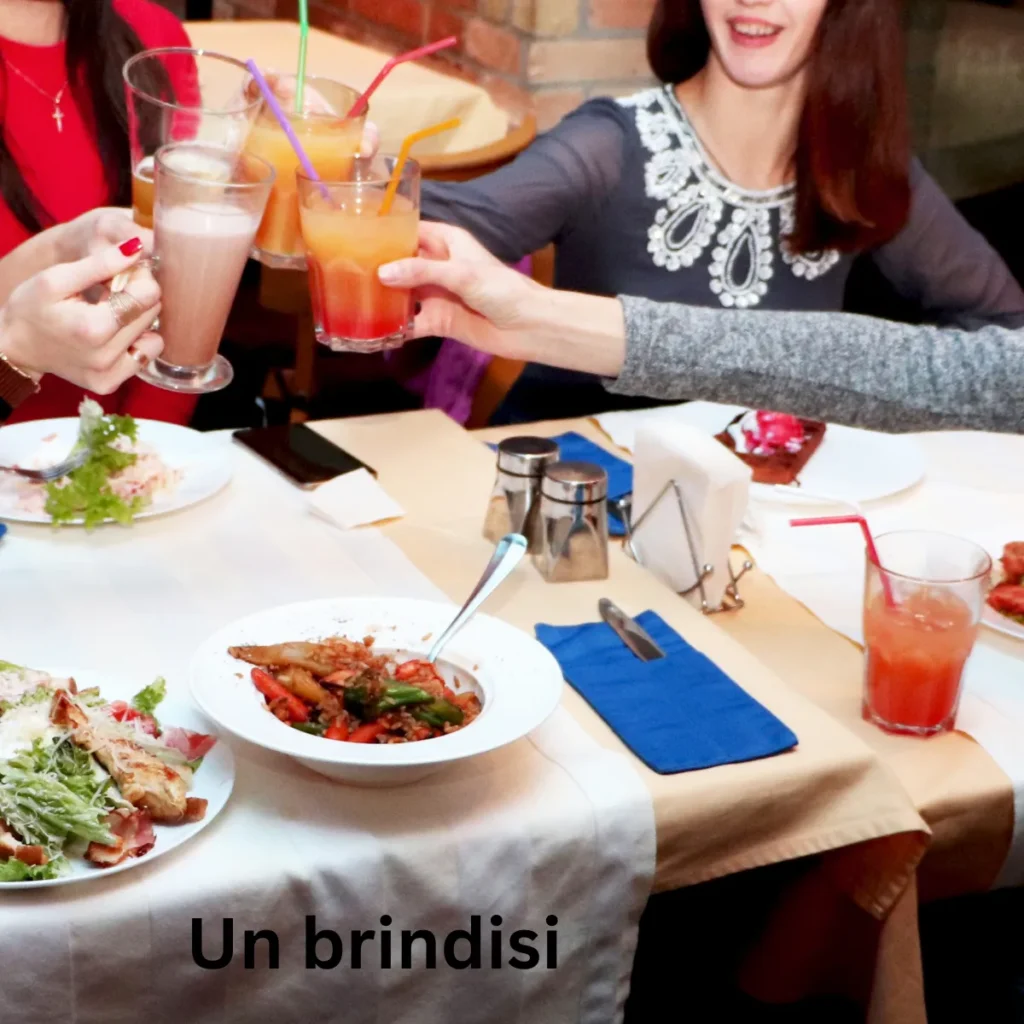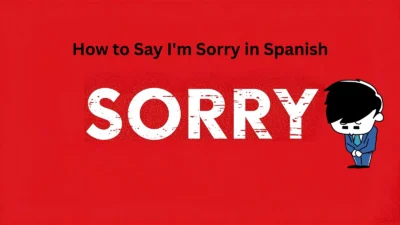How to Say Cheers in Italian is a fun and useful phrase to learn, especially if you enjoy social gatherings, celebrations, or dining with Italian friends. In Italy, raising a glass isn’t just about drinking—it’s about sharing joy, connection, and good wishes.
By learning the right word for cheers, you’ll sound more natural and take part in authentic Italian toasts.
The most common word is Salute!, which literally means “to health.” Using it correctly helps you blend in and celebrate like a true Italian.
Say Cheers in Italian
15 Ways to Say Cheers in Italian
| No. | Italian Phrase | Pronunciation | Meaning / Usage |
|---|---|---|---|
| 1 | Salute! | sah-LOO-teh | To health! (most common toast) |
| 2 | Cin cin! | cheen cheen | Cheers! (casual, friendly) |
| 3 | Alla salute! | AH-lah sah-LOO-teh | To your health! |
| 4 | Alla nostra! | AH-lah NOH-strah | To us! |
| 5 | Alla tua! | AH-lah TOO-ah | To you! (singular) |
| 6 | Alla vostra! | AH-lah VOHS-trah | To you! (plural/formal) |
| 7 | Evviva! | eh-VEE-vah | Hooray! / Cheers! |
| 8 | Auguri! | ow-GOO-ree | Best wishes / cheers |
| 9 | Prosit! | PROH-seet | Latin origin, used in formal toasts |
| 10 | Brindiamo! | breen-DYAH-moh | Let’s toast! |
| 11 | Facciamo un brindisi! | fah-CHAH-moh oon BREEND-ee-see | Let’s make a toast! |
| 12 | Alla felicità! | AH-lah feh-lee-chee-TAH | To happiness! |
| 13 | Alla vita! | AH-lah VEE-tah | To life! |
| 14 | Alla famiglia! | AH-lah fah-MEEL-yah | To family! |
| 15 | Alla fortuna! | AH-lah for-TOO-nah | To luck! |
Here are 15 ways Italians say cheers with examples, cultural notes, and fun origin stories.
1. Cin cin 🇮🇹
Origin:
Borrowed from the Chinese toast “qing qing” (請請), Italian sailors adapted it during trade with China. It became a standard toast in Italy.
Example:
👤 User A: Cin cin! Alla nostra amicizia! (Cheers! To our friendship!)
👤 User B: Cin cin! Sempre insieme!
Use: The most common and universal way to say cheers in Italy.
2. Salute (To your health)

Origin:
From Latin salus meaning health. It’s used like “to your health,” similar to the French santé or Spanish salud.
Example:
👤 User A: Salute!
👤 User B: Salute! E tanta felicità!
Use: Very common and slightly more formal or sincere.
3. Alla salute
Origin:
Literally means “To (the) health.” A longer and toast-specific variation of salute.
Example:
👤 User A: Alla salute di tutti noi!
👤 User B: Evviva! (Hooray!)
Use: Toasting in formal settings or family gatherings.
4. Evviva

Origin:
Means “Hurrah” or “Long live,” from the verb vivere (to live). Often used with another toast.
Example:
👤 User A: Evviva gli sposi! (Cheers to the newlyweds!)
👤 User B: Evviva!
Use: Celebratory, energetic, used in weddings or birthdays.
5. Alla nostra
Origin:
Means “To ours” — short for alla nostra salute (“to our health”).
Example:
👤 User A: Alla nostra!
👤 User B: Sempre, fratello!
Use: Friendly and warm, used among friends or couples.
6. Auguri

Origin:
Means “best wishes.” Often used at birthdays, holidays, or special occasions with a toast.
Example:
👤 User A: Auguri per il tuo compleanno!
👤 User B: Grazie! Cin cin!
Use: For celebratory toasts—birthdays, weddings, promotions.
7. Prosit
Origin:
From Latin, meaning “may it be beneficial.” Once popular in ecclesiastical and formal settings.
Example:
👤 User A: Prosit!
👤 User B: Alla tua!
Use: Less common now, but still used in Northern Italy and older generations.
8. Alla vostra
Origin:
“To yours (health).” A polite plural version of alla tua (to yours, informal).
Example:
👤 User A: Alla vostra salute!
👤 User B: Grazie! Alla vostra!
Use: Used in formal or group settings, especially with elders or superiors.
9. Un brindisi

Origin:
Means “a toast.” From the German bring dir’s (I offer it to you). Common in structured toasts.
Example:
👤 User A: Facciamo un brindisi agli anni che verranno!
👤 User B: Brindisi!
Use: When announcing a toast or making a formal speech.
10. Alla tua
Origin:
“To yours.” Informal, singular version of alla vostra.
Example:
👤 User A: Alla tua, amico mio!
👤 User B: Alla tua!
Use: Used with close friends or in casual gatherings.
11. Lunga vita
Origin:
Means “long life.” Equivalent to saying “Long live…” like Viva!
Example:
👤 User A: Lunga vita all’amore!
👤 User B: Lunga vita!
Use: Poetic or dramatic toasts—anniversaries or toasts in speeches.
12. Viva
Origin:
Means “live!” or “long live!” Comes from Latin vivere.
Example:
👤 User A: Viva l’Italia!
👤 User B: Viva!
Use: Celebratory or patriotic settings, often with group toasts.
13. Che sia un buon anno
Origin:
“To a good year.” Used especially on New Year’s Eve (Capodanno).
Example:
👤 User A: Che sia un buon anno, pieno di felicità!
👤 User B: E amore! Cin cin!
Use: New Year’s Eve or milestone celebrations.
14. A noi

Origin:
Means “To us.” Popular among close-knit groups.
Example:
👤 User A: A noi, amici!
👤 User B: A noi, per sempre!
Use: Friendly, intimate, and confident. Used among close companions.
15. Con affetto
Origin:
Means “with affection.” It’s more emotional and personal than a standard toast.
Example:
👤 User A: Con affetto, a te e alla tua famiglia.
👤 User B: Grazie mille. Alla tua!
Use: Heartfelt occasions, like reunions or partings.
Conclusion:
knowing how to say cheers in Italian allows you to join in the lively spirit of Italian celebrations with ease. Whether you use Salute! at a casual dinner or Cin cin! at a festive gathering, these phrases bring warmth and authenticity to every toast. By practicing them, you’ll not only sound natural but also embrace the joyful Italian tradition of raising a glass together.

Sophia Mitchell is a passionate content writer known for creating clear, engaging, and informative articles.
She focuses on delivering well-structured content that is easy for readers to understand and trust.
Sophia Mitchell currently contributes quality writing to repliesnest.com, helping readers find accurate answers quickly.



